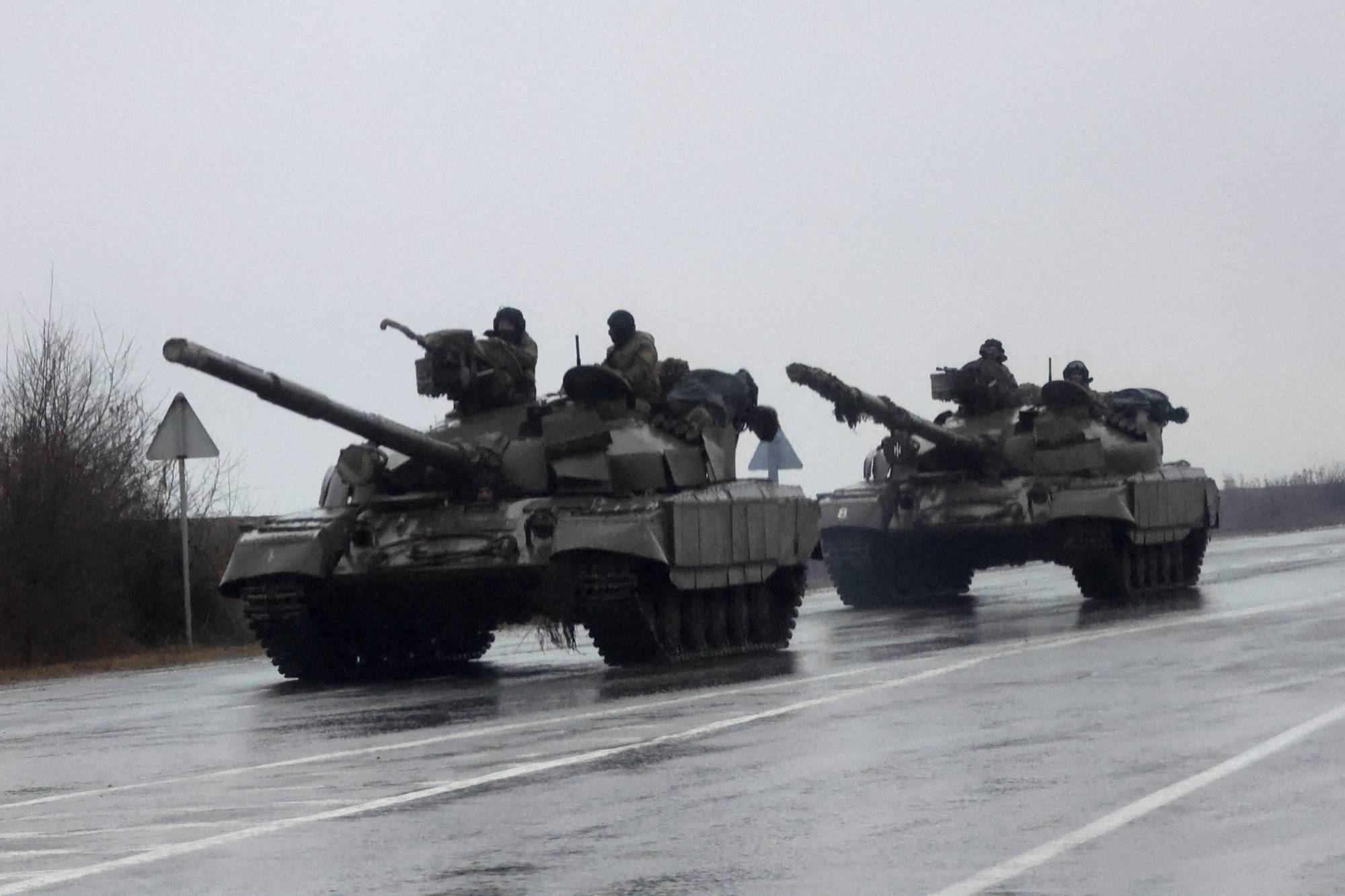The whole world is now watching events unfold in Eastern Europe, as earlier this week Russian President Vladimir Putin ordered the formal deployment of his country's forces into the Donetsk and Luhansk regions of Ukraine.
The move was a clear violation of international law, as well as multiple agreements designed to preserve a cease-fire and maintain the integrity of Ukraine’s sovereignty. Now, Russia’s latest manufactured crisis has gripped the western world.
But what does any of this have to do with Japan?



















With your current subscription plan you can comment on stories. However, before writing your first comment, please create a display name in the Profile section of your subscriber account page.